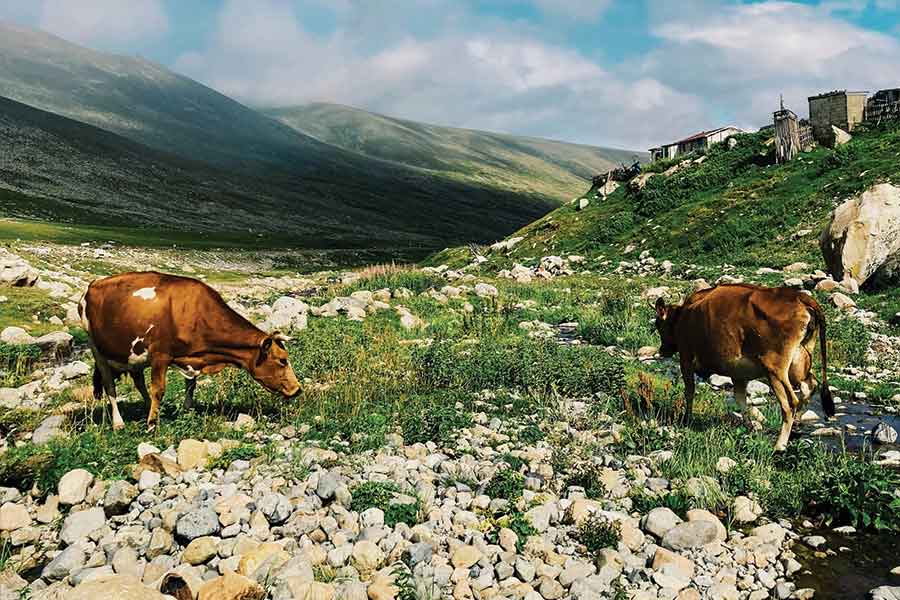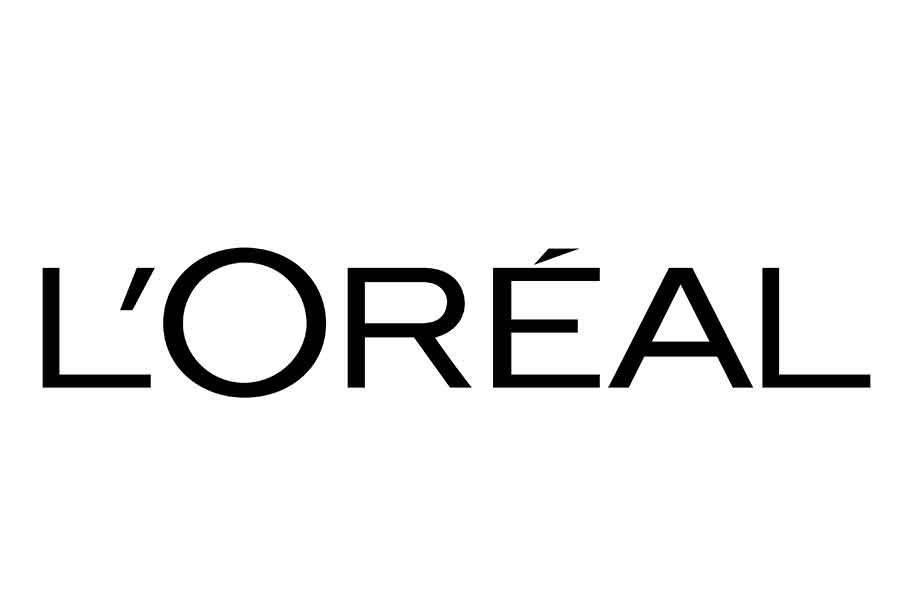There has been an insatiable global appetite for collagen — a protein often used in health supplements and cosmetics. While the benefits afforded by collagen are numerous, bovine collagen is wrecking devastating consequences for the environment, particularly in Paraguay’s Gran Chaco forest. A recent report by the NGO Global Witness exposes how the expansion of cattle ranching to produce meat and animal collagen is rapidly accelerating deforestation in this vital ecosystem.
What’s bovine collagen?
Bovine collagen is a type of collagen derived from cows, specifically from their hides and bones. It is a key structural protein in the human body, responsible for providing strength and elasticity to skin, hair, nails, bones, and joints.
Uses of bovine collagen in cosmetics
Bovine collagen is a popular ingredient in various cosmetic products due to its numerous benefits for the skin like anti-aging properties (reducing wrinkles, improves skin elasticity, locks in moisture and promotes healing), hair and nail health (reducing breakage and promoting growth). Common cosmetic products containing bovine collagen are moisturizers and creams, serums, hair and nail treatment, and anti-ageing masks.
The impact on indigenous communities
The Ayoreo Totobiegosode, an Indigenous group residing in the Gran Chaco, are facing severe threats to their way of life as their traditional lands are being cleared for livestock farming. Between 2021 and 2023, over 18,000 hectares of forest were lost, an area larger than Paris, to make way for cattle ranches.
Also Read: Indian Luxury Market To See a 100% Jump by 2029 and Reach USD 4 Billion by 2035
The supply chain connection
Global Witness’s investigation uncovered a disturbing link between the deforestation in Paraguay and some of the world’s largest meat and collagen companies. The NGO traced the supply chain of cattle hides from deforested areas to South American meat giants like Minerva Foods and Frigorífico Concepción. These hides were then used to produce collagen, a significant portion of which was exported to Rousselot, a major global collagen producer.
The EU’s delayed response
The European Union‘s anti-deforestation law, designed to curb the import of products linked to deforestation, was expected to come into force in late 2023. However, due to pressure from various industries and countries, including Brazil, the EU has proposed a 12-month delay in its implementation. This delay could further exacerbate the deforestation crisis in regions like the Gran Chaco.
The report highlights the urgent need for stricter regulations and increased transparency in supply chains to prevent deforestation and protect vulnerable communities. Additionally, consumers need to make informed choices and support brands that prioritize sustainable practices. As the demand for collagen continues to grow, it is imperative to ensure that this trend does not come at the expense of our planet’s precious forests.
Also Read: Maybelline Rehashes Its Popular Brand Campaign “Maybe It’s Maybelline”
Alternatives to bovine collagen
In the light of this development, beauty companies are already exploring non animal-derived alternatives like vegan or plant based equivalent. The EU has adopted a ‘deforestation free’ product regulation in 2023 and the European cosmetics industry prefers a plant based alternative for collagen.
The term “vegan collagen” is a bit of a misnomer. Collagen is a protein derived from animal sources, primarily from bones, skin, and connective tissues of cows, pigs, or chickens and vegans avoid all animal products. However, there are plant-based supplements marketed as “vegan collagen builders” or “vegan collagen boosters.” These supplements don’t contain actual collagen but provide nutrients like vitamins (especially Vitamin C), minerals (zinc, copper), and plant extracts that support the body’s natural collagen production process and are beneficial for skin, hair, and nails.







